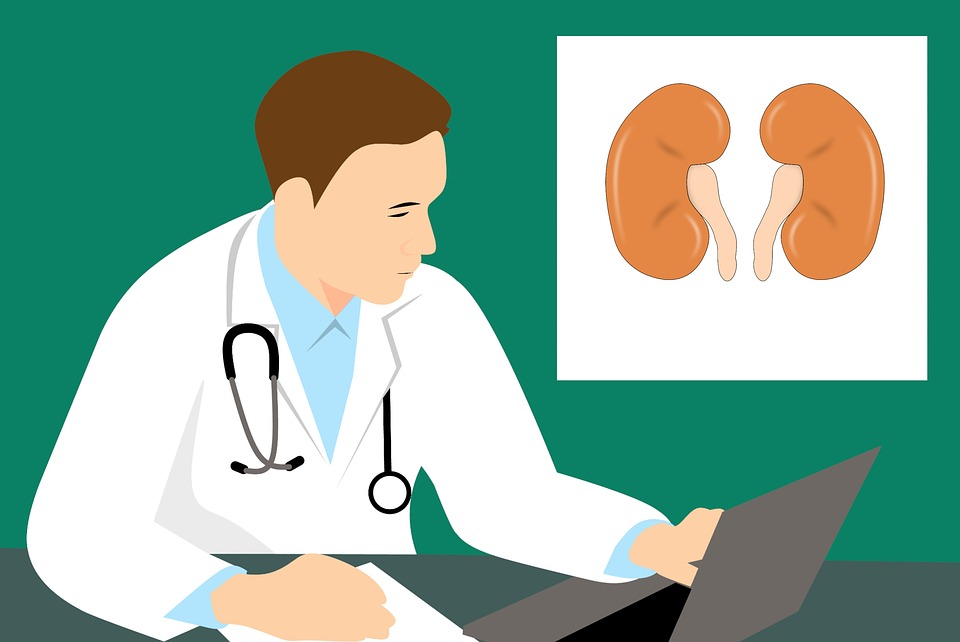Introduction:
Diabetes is a chronic health condition that affects millions of people worldwide. It is characterized by high levels of glucose (sugar) in the blood, which can lead to a range of health complications. In this article, we will explore the causes, effects, and treatment options for diabetes.
Causes of Diabetes:
The causes of diabetes can vary depending on the type of diabetes. The three main types of diabetes include:
Type 1 diabetes: Type 1 diabetes is caused by an autoimmune response that destroys the cells in the pancreas that produce insulin, a hormone that helps regulate blood sugar levels.
Type 2 diabetes: Type 2 diabetes is caused by a combination of genetic and lifestyle factors, such as obesity, a sedentary lifestyle, and poor diet.
Gestational diabetes: Gestational diabetes is caused by hormonal changes during pregnancy that affect the body's ability to produce and use insulin.
Effects of Diabetes: Diabetes can have a significant impact on both physical and mental health. Some of the health problems associated with diabetes include:
. Nerve damage: High blood sugar levels can cause nerve damage, leading to numbness, tingling, or burning sensations in the hands and feet.
Vision problems: High blood sugar levels can damage the blood vessels in the eyes, leading to vision problems or blindness.
Cardiovascular disease: Diabetes can increase the risk of cardiovascular disease, such as heart attack and stroke.
Kidney damage: High blood sugar levels can damage the blood vessels in the kidneys, leading to kidney damage or failure.
Amputations: Nerve damage and poor blood flow can increase the risk of foot ulcers, which can lead to amputations.
Treatment Options for Diabetes:
The most effective way to treat diabetes is through a combination of medication and lifestyle changes. Some of the most effective treatment options for diabetes include:
Insulin therapy: Insulin therapy is the mainstay of treatment for type 1 diabetes and may be used for type 2 diabetes when other treatments are not effective.
Oral medications: Oral medications, such as metformin, can help regulate blood sugar levels in type 2 diabetes.
Lifestyle changes: Engaging in regular exercise, maintaining a healthy diet, and maintaining a healthy weight can help improve blood sugar control and reduce the risk of complications.
Blood sugar monitoring: Regular blood sugar monitoring can help individuals with diabetes manage their condition and adjust their treatment as needed.
Education and support: Education and support from healthcare providers and diabetes educators can help individuals with diabetes better understand their condition and make informed decisions about their treatment.




.jpg)




